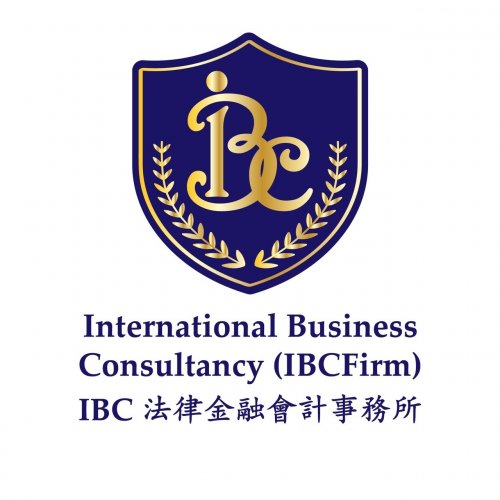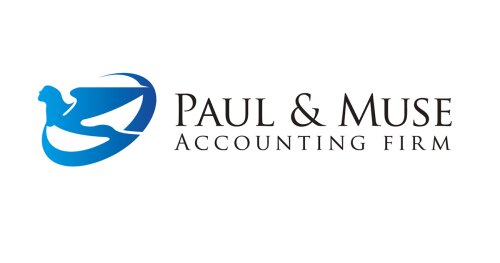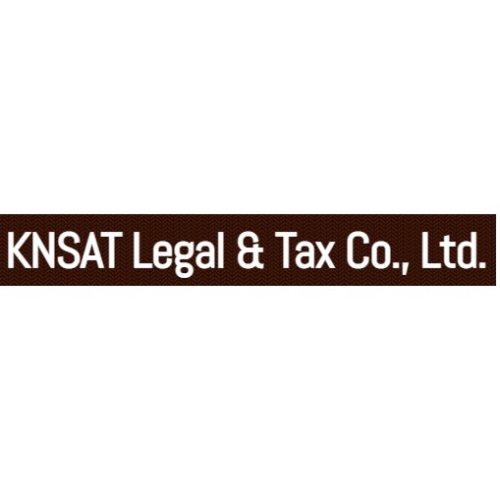Best Project Finance Lawyers in Bangkok
Share your needs with us, get contacted by law firms.
Free. Takes 2 min.
List of the best lawyers in Bangkok, Thailand
Legal guides written by SIAM LEGAL INTERNATIONAL:
- Defamation Laws in Thailand: Criminal Charges and Civil Suits
- The State of Thailand’s Long-Term Resident (LTR) Visa Program in 2025
- The Penalties Of Not Filing Your Income Tax Return As A Foreigner In Thailand
About Project Finance Law in Bangkok, Thailand
Project finance in Bangkok, Thailand, is a specialized legal field that focuses on funding long-term infrastructure, industrial, and public service projects using a non-recourse or limited recourse financial structure. This typically means that the debt and equity used to finance the project are paid back from the cash flow generated by the project itself. Lawyers practicing project finance in Bangkok often deal with agreements and laws governing the construction, development, and operation of large-scale projects, such as renewable energy plants, transport infrastructure, telecommunications networks, and real estate developments. The legal frameworks in Bangkok are designed to promote investor confidence, mitigate risks, and ensure project viability.
Why You May Need a Lawyer
Engaging a lawyer for project finance matters in Bangkok can be essential for various reasons. Common situations where legal help is required include negotiating loan agreements, setting up special purpose vehicles, structuring joint ventures, and ensuring all financial and legal documentation complies with Thai law. A lawyer can also assist with risk allocation, dispute resolution, regulatory approvals, and due diligence processes. Legal issues can arise from land acquisition, environmental regulations, cross-border transactions, tax aspects, or restructuring project finances after unexpected events. Expert legal advice can help safeguard your investment, ensure contract enforceability, and navigate complex regulatory landscapes.
Local Laws Overview
Project finance in Bangkok is governed by several key pieces of legislation and regulatory bodies. The relevant laws include the Civil and Commercial Code, which governs contracts and company formation, and the Public-Private Partnership (PPP) Act, which facilitates collaboration between government and private sector investors. The Foreign Business Act outlines restrictions and requirements for foreign investors. Environmental regulations, such as mandatory Environmental Impact Assessments, may also apply. Regulatory approvals might be needed from agencies like the Board of Investment, the Energy Regulatory Commission, or sector-specific ministries. Local legal requirements often include the registration of charges and mortgages, compliance with anti-corruption laws, and proper structuring of security interests and collateral arrangements to ensure the enforceability of lenders’ rights under Thai law.
Frequently Asked Questions
What is project finance?
Project finance is a method of funding large-scale projects where the lenders rely primarily on the future cash flows generated by the project as the source of repayment, rather than the general assets or creditworthiness of the sponsors.
Who are the typical parties involved in a project finance deal in Bangkok?
Common participants include project sponsors, lenders (such as banks), contractors, governmental authorities, operators, and sometimes off-takers for the goods or services produced by the project.
What is a special purpose vehicle (SPV) and why is it used?
An SPV is a separate legal entity created specifically to develop and operate a project, isolating financial risk and simplifying the management of the project’s assets and liabilities.
Which laws are most important for project finance in Thailand?
The Civil and Commercial Code, Public-Private Partnership (PPP) Act, Foreign Business Act, and sector-specific regulations (such as energy or transport laws) are all crucial in structuring project finance transactions.
What is limited recourse or non-recourse financing?
Limited recourse or non-recourse financing means lenders have limited or no claim on the assets of the sponsors other than the project assets and cash flows, helping protect the sponsors’ other assets.
Do foreign investors face restrictions in Thai project finance?
Yes, under the Foreign Business Act and other sector-specific laws, foreign investors may face ownership restrictions and must often meet certain licensing or partnership requirements.
Are there special government incentives for project finance?
The Board of Investment offers incentives such as tax breaks and easier foreign ownership rules for eligible projects, particularly in priority sectors like renewable energy or infrastructure.
What permits or approvals are usually needed?
Depending on the project type, approvals may be needed from local authorities, sectoral regulators, and environmental agencies. Compliance with all applicable land use and construction laws is essential.
How are disputes typically resolved in project finance?
Many project finance contracts include arbitration or other alternative dispute resolution clauses, with proceedings conducted either in Thailand or under international rules, such as those of the International Chamber of Commerce.
Can legal fees for project finance be significant?
Yes, due to the complexity and scale of such projects, legal fees can be substantial, but are an important investment to manage risk and ensure compliance throughout the project life cycle.
Additional Resources
Several organizations and governmental bodies in Bangkok provide valuable resources for those seeking information on project finance:
- Thailand Board of Investment - offers investment promotion and information on incentives
- Bank of Thailand - regulates the financial sector and provides information on currency and lending policies
- Ministry of Energy and Energy Regulatory Commission - relevant for energy infrastructure projects
- Public-Private Partnership Committee (under Ministry of Finance) - oversees PPP projects and regulations
- Thailand Arbitration Center - for dispute resolution services
- Thai Bar Association - registrar of qualified legal professionals
Next Steps
If you require legal assistance with a project finance matter in Bangkok, it is advisable to:
- Gather information about your project, including financial plans, ownership structure, and timelines
- Identify the specific legal and regulatory challenges you may face, for example, foreign ownership limits or environmental approvals
- Contact a law firm or lawyer with experience in project finance, particularly those familiar with both local law and international best practices
- Schedule an initial consultation to assess your project’s legal needs, estimate costs, and develop a plan for compliance and risk management
- Remain proactive in seeking legal updates as your project progresses and as local laws evolve
Engaging expert legal support early will help avoid costly mistakes, expedite project approvals, and protect your interests in Thailand’s competitive project finance landscape.
Lawzana helps you find the best lawyers and law firms in Bangkok through a curated and pre-screened list of qualified legal professionals. Our platform offers rankings and detailed profiles of attorneys and law firms, allowing you to compare based on practice areas, including Project Finance, experience, and client feedback.
Each profile includes a description of the firm's areas of practice, client reviews, team members and partners, year of establishment, spoken languages, office locations, contact information, social media presence, and any published articles or resources. Most firms on our platform speak English and are experienced in both local and international legal matters.
Get a quote from top-rated law firms in Bangkok, Thailand — quickly, securely, and without unnecessary hassle.
Disclaimer:
The information provided on this page is for general informational purposes only and does not constitute legal advice. While we strive to ensure the accuracy and relevance of the content, legal information may change over time, and interpretations of the law can vary. You should always consult with a qualified legal professional for advice specific to your situation.
We disclaim all liability for actions taken or not taken based on the content of this page. If you believe any information is incorrect or outdated, please contact us, and we will review and update it where appropriate.















